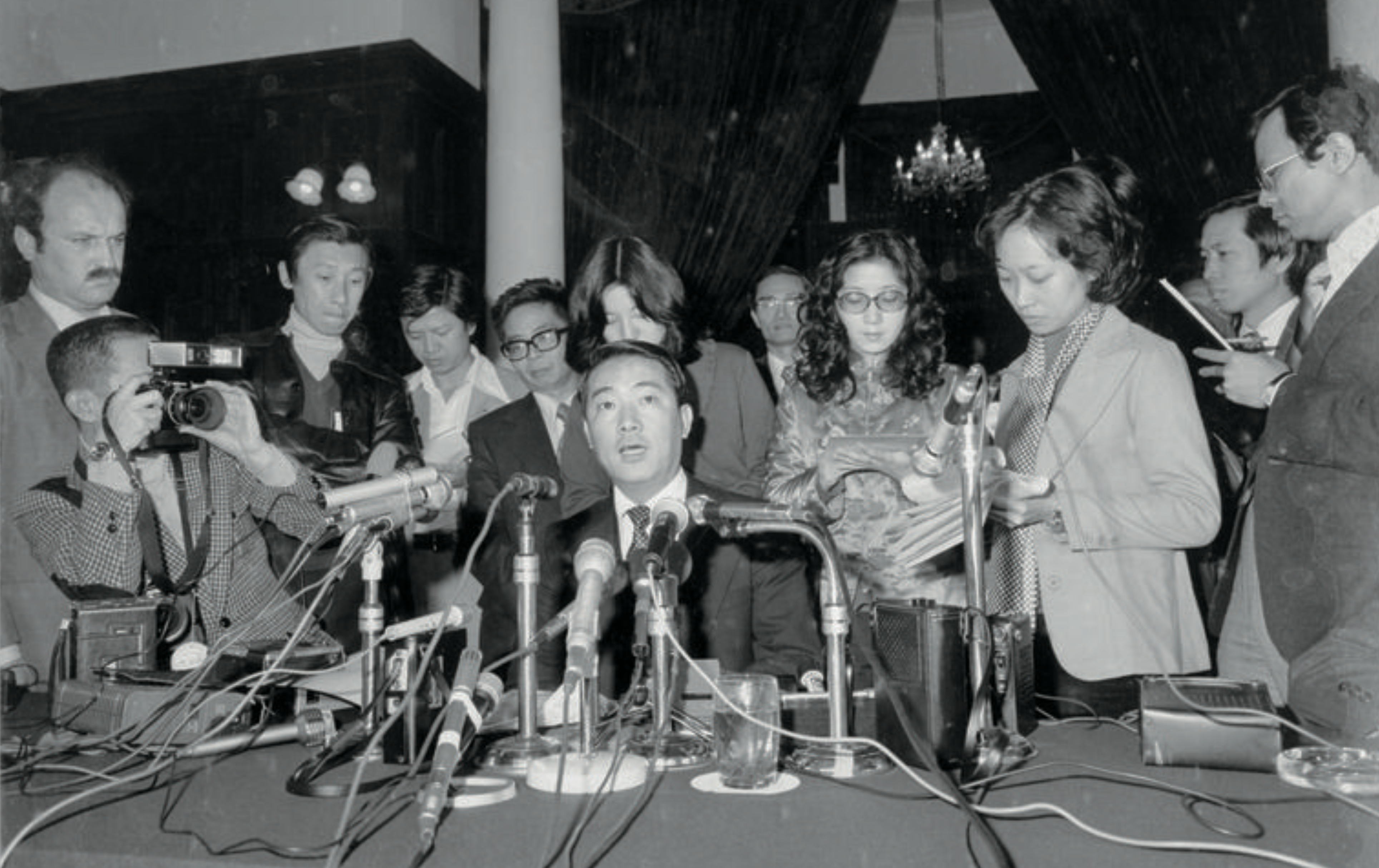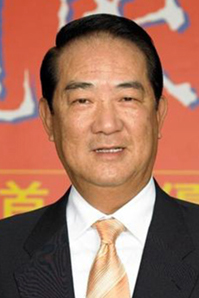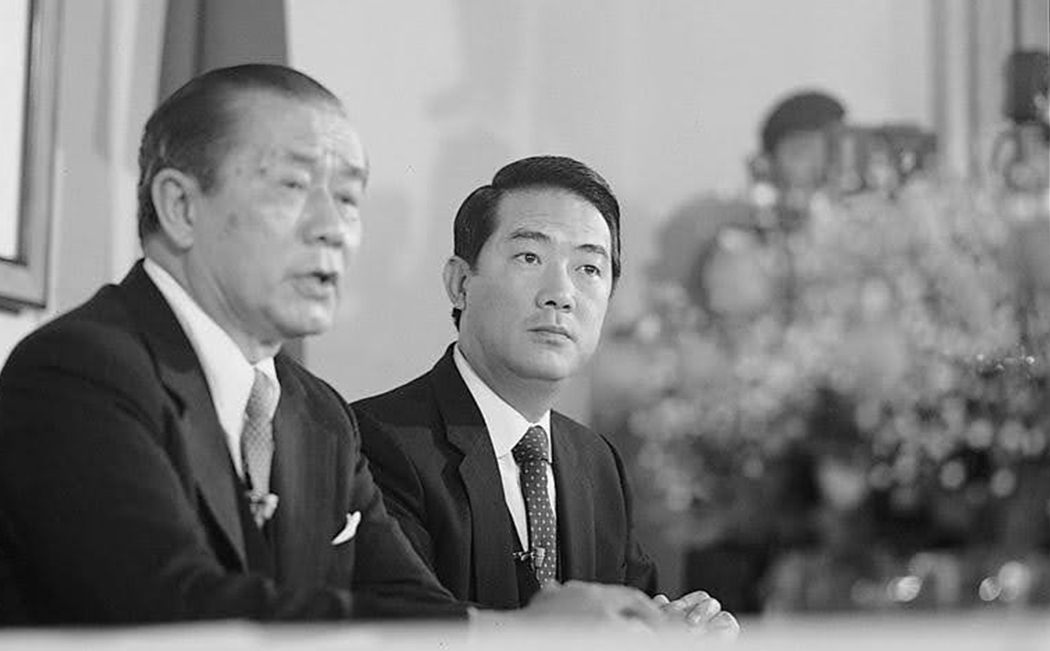
James Soong, a key figure in Taiwan’s democratization and modernization, recently donated his extensive archive to the C. V. Starr East Asian Library at his alma mater, UC Berkeley.
The archive documents the esteemed statesman’s half-century career in the government of Taiwan (known officially as the Republic of China). It includes hundreds of thousands of letters, documents, meeting minutes, photographs, video recordings, print publications, and clippings from national and international news media. One of the largest research collections of its kind in the United States, the archive sheds light on Taiwan’s peaceful transition from authoritarian rule to representative democracy.

The collection “is both a reflection of my enduring love for Taiwan and a historical record of its transformation,” Soong said. “I hope these materials will be made available to scholars around the world in a spirit of academic freedom, and with a commitment to fairness, truth, and transparency — so that Taiwan’s journey, values, and contributions to democracy can be better understood and appreciated on the global stage.”
For Peter Zhou, the director of UC Berkeley’s East Asian Library, the archive will provide researchers with a compelling mosaic of Taiwan’s history over the past 50 years. Soong was present at almost every important juncture of that history, starting in 1974, when he became Chiang Ching-kuo’s personal English-language secretary. Soong went on to serve as secretary-general of the Kuomintang during the Lee Teng-hui administration, and he was the only elected governor of Taiwan Province, holding office from 1994 to 1998. He also founded the People First Party, and has run for the presidency of Taiwan.
“The archive forms a very sound foundation for people to trace Taiwan’s evolution, and provides a lot of firsthand evidence to learn how this transformation was successful without violence,” Zhou said.
The James Soong Archive
This comprehensive collection contains hundreds of thousands of items. Users can now request materials from the archive and view them in person. Digitization of select items is ongoing.
See more of the archive: Digital exhibit
Browse the archive’s contents: Library guide
Beyond Soong’s personal reminiscences, files, and memoranda, the archive holds Chiang’s notes and messages, and records of his conversations with foreign dignitaries as well as Lee’s written instructions and memos. There are also countless handwritten letters and other communications from local and federal government officials. Many of these materials have never been available to the public.
A statesman’s touch
Among its many strengths, the archive serves as a record of Soong’s interactions with national and international leaders.
Soong engaged with eight consecutive presidents of Taiwan, from Chiang Kai-shek to William Lai, and collaborated with 20 premiers of the Executive Yuan, Taiwan’s executive branch.
In his various roles, Soong met with more than 100 top political leaders from around the world, including seven U.S. presidents, as well as 30 U.S. state governors, numerous vice presidents and secretaries of state, and hundreds of senators and representatives. Soong’s high-level engagements with world leaders — including Queen Elizabeth II, Japanese Prime Minister Shinzo Abe, French President Valéry Giscard d’Estaing, and Singaporean Prime Minister Lee Kuan Yew — reflect his pivotal role in advancing Taiwan’s international presence and diplomacy.
The archive also brings to life Soong’s experience in cross-strait communications with China, such as firsthand exchanges with general secretaries Hu Jintao and Xi Jinping.
Soong was deeply respected as a statesman and was deft at navigating high-level international issues. But the dignitary was also extremely effective working at the grassroots. His popularity with the ordinary people of Taiwan came in part from his success as the governor of Taiwan Province, when he collaborated across party lines and initiated pragmatic solutions to the problems of everyday people.
Zhou fondly recounted a visit with Soong in Taiwan, where the two toured some historic sites. “Wherever he went, he would attract large crowds,” Zhou recalled. “People were cheering, and they said, ‘I remember what you did for us.’”

A librarian’s heart
When it came time to donate his archive, Soong’s choice was easy.
“I have a deep and enduring connection with UC Berkeley,” he said. “To this day, three generations of my family — myself, my son, and my granddaughter — have all been part of the Berkeley community.”
His admiration for the university took root as a graduate student in political science. During his studies, he worked in the Center for Chinese Studies Library, which was later integrated into the East Asian Library. Soong met his wife at Berkeley, and paid the medical bills for the birth of his first child using his student employee salary.
He graduated with his master’s degree in 1967, and has given back to UC Berkeley over many years, establishing scholarships that have helped more than 50 doctoral students from Taiwan pursue their degrees. Soong was honored by his alma mater with the 1995 Elise and Walter A. Haas International Award.
Inspired by his work experience at UC Berkeley, Soong went on to earn a master’s degree in library science from the Catholic University of America, and eventually a doctorate in political science from Georgetown University.
His librarian’s heart for documenting history will now benefit researchers worldwide. Soong meticulously preserved original sources at a time when not even declassified archives on Taiwan’s government existed. The thoroughness with which he developed the collection is remarkable, according to Zhou.
Soong said he was likewise impressed by Zhou and the team at Berkeley’s East Asian Library, and their painstaking review of each item to ensure that the archive is both complete and reliable.
“In my practice as a librarian, I often think this way: We’re not just buying books and acquiring special collections,” Zhou said. “I would like to tie our work to opening new fields, opening new areas for academic inquiry. That’s what we’ve done by bringing in this collection.”